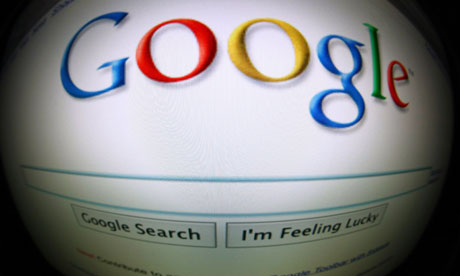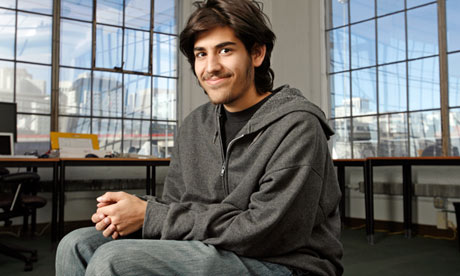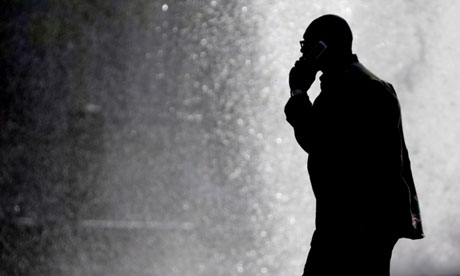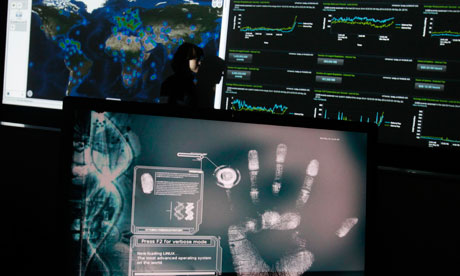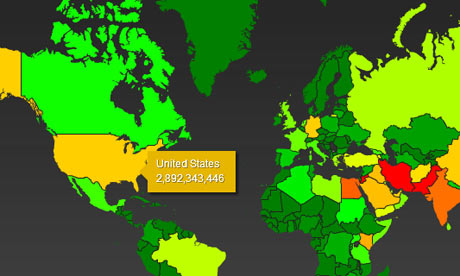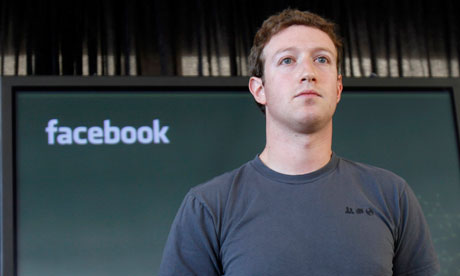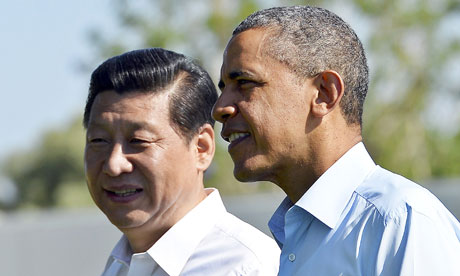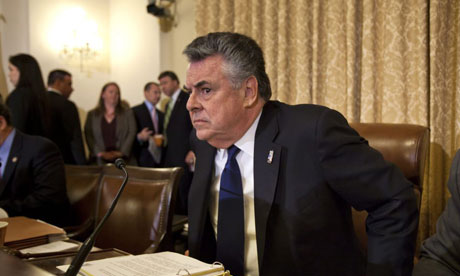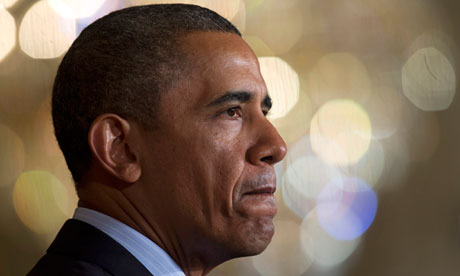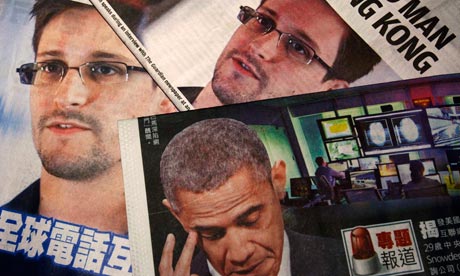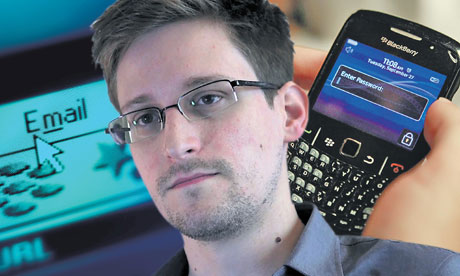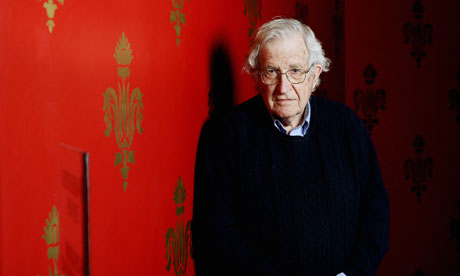The Pirate Bay has started redirecting accesses to its main domain
thepiratebay.org to the Swedish country code domain
thepiratebay.se, already anticipating future actions by the
self-appointed police of the Internet and the world, the USA, which currently,
for technical reasons only, has the power to seize (confiscate) .com, .net and .org domains, even when they belong to people, groups or companies from other countries.
For a long time I've hosted all my sites in Germany to be safer from this type of action by both Brazil and the declining empire of the North (has it ever risen?), currently falling faster than the WTC towers. Now I am going to register .de and .eu domains for them and use these as the main domains until the international community shows the USA its place, hopefully before it turns more countries into the democratic farce that it has become, spitting on its own beautiful Constitution, or even finally manages to blow up the whole planet.
This is the official position of the [>NF<] Server on the issue of the USA seizing (confiscating) top level internet domains (.com, .net, .org, etc.) belonging to people, groups or companies outside its jurisdiction (= from other countries). If you disagree with it, DO NOT play on the [>NF<] Server, or if you do, keep your mouth SHUT, or YOU WILL BE BANNED.
To better understand the current situation of the Internet's top level domains (mainly .com, .net and .org), here are a few excerpts from
the ICANN entry on Wikipedia:
"In the Memorandum of Understanding that set up the relationship between ICANN and the U.S. government, ICANN was given a mandate requiring that it operate "in a bottom up, consensus driven, democratic manner." However, the attempts that ICANN have made to set up an organizational structure that would allow wide input from the global Internet community did not produce results amenable to the current Board. As a result, the At-Large constituency and direct election of board members by the global Internet community were soon abandoned."
"Resolutions of the ICANN Board, preliminary reports, and minutes of the meetings, are published on the ICANN website, sometimes in real time. However there are criticisms from ICANN constituencies including the Noncommercial Users Constituency (NCUC) and the At-Large Advisory Committee (ALAC) that there is not enough public disclosure and that too many discussions and decisions take place out of sight of the public."
"In the early 2000s, there had been speculation that the United Nations might signal a takeover of ICANN,[11] followed by a negative reaction from the US government[8] and worries about a division of the Internet[12] the World Summit on the Information Society in Tunisia in November 2005 agreed not to get involved in the day-to-day and technical operations of ICANN. However it also agreed to set up an international Internet Governance Forum, with a consultative role on the future governance of the Internet."
"A member of the European Parliament, William Newton-Dunn, has recently been addressing questions to the European Commission, which asks whether ICANN is engaging in restraint of European free trade laws by imposing restrictions on who can operate a TLD and sell domain names.[14] Some restrictions are considered insurmountable by many small business owners and individuals, such as the perhaps partially refundable $185,000 application fee."




